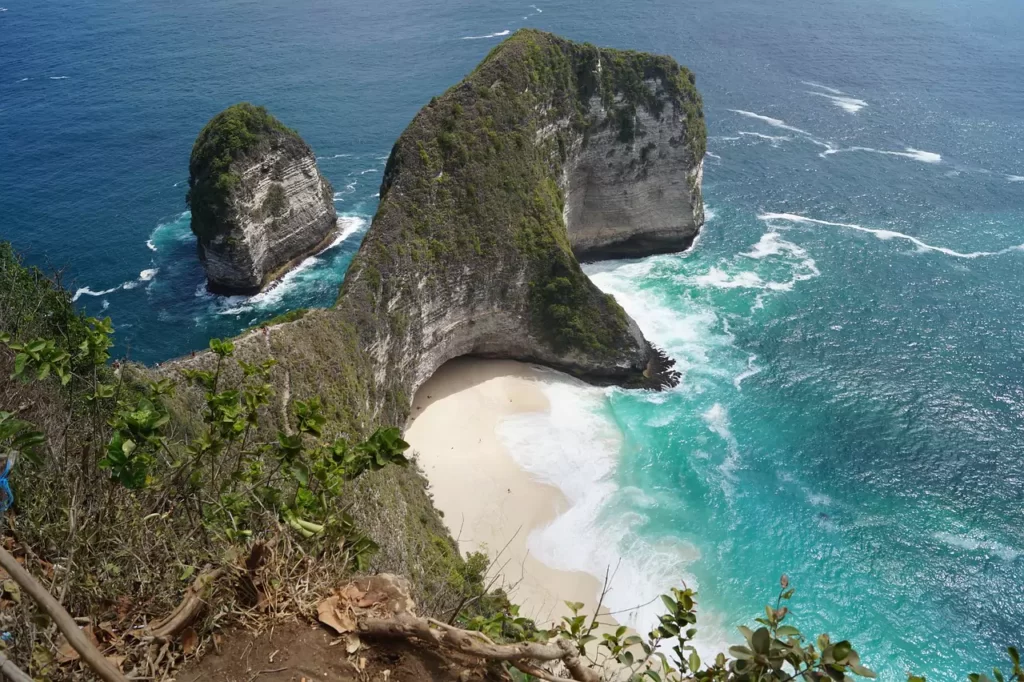
Bali, the enthralling Island of the temples, invites daring spirits with its beautiful scenery, colourful culture, and welcoming hospitality. A hub for travellers, yoga enthusiasts, couples, and digital nomads alike.
Bali is a sensory overload, whether you’re looking for gorgeous beaches, verdant rice terraces, or spiritual retreats. We’ve compiled a list of helpful hints to help you make the most of your trip to this tropical paradise. This blog can help you plan a genuinely amazing Bali journey, from visa requirements to cultural etiquette and hidden jewels.
Visa Requirements and Travel Documents
Before starting your vacation, understand regarding the visa requirements for your place of origin. In most situations, travellers can obtain a visa on arrival for a 30-day stay. If you intend to stay longer, consider acquiring a tourist visa ahead of time to minimise problems. Make sure your passport is valid for at least six months after your intended departure date. It’s a good idea to keep photocopies of your passport and other important travel papers separate from the originals. In addition, consider getting travel insurance that covers medical emergencies, trip cancellation, and personal possessions loss.
Choosing the Best Season to Visit
Bali has a tropical climate with two distinct seasons: dry season (April to October) and wet season (November to March). While the dry season attracts the greatest number of visitors, the wet season may provide a distinct appeal with less crowds and lush, beautiful scenery. Consider arranging your vacation around the shoulder seasons of May, June, September, or October for the best balance. These months often have nice weather, less visitors, and more reasonable lodging alternatives. Keep in mind that the temperature in Bali varies by location, so investigate the weather conditions of the sites you intend to visit.
Bali Packing Essentials
Pack sensibly for your Bali adventure to ensure you’re comfortable in the island’s tropical environment. Choose lightweight, breathable clothes, such as loose-fitting natural-fabric garments. Don’t forget to bring swimsuit, flip-flops, a wide-brimmed hat, sunglasses and SPF sunscreen. Insect repellant is vital for keeping annoying insects at bay. As an act of respect, bring a sarong or scarf to cover your shoulders and knees when visiting temples. Walking shoes are essential for visiting Bali’s breathtaking landscapes. Finally, for day travels, bring a compact backpack or tote bag as well as a reusable water bottle to remain hydrated while minimising plastic waste.
Getting Around and Transportation
Bali has a variety of transportation alternatives to meet the demands of every traveller. In famous tourist regions, taxis and ride-hailing applications like Grab are convenient and commonly available. To avoid overcharging, negotiate the fare or request that the metre be used before boarding a cab. Hiring a private driver is another popular choice since it gives you more freedom and allows you to explore the island at your own speed. If you’re comfortable riding a scooter, rentals are plentiful and inexpensive in Bali, but make sure you have a valid international driver’s licence and follow local traffic laws. Remember to take extra care and wear a helmet. Consider domestic flights or ferry services for longer distances between islands, which provide spectacular views of the surrounding ocean.
Be watchful of stray and wild animals
Give wild and stray animals plenty of space. Although they appear charming, rabies and other illnesses are severe concerns in Bali, and monkeys are famous for their thievery. Bali’s stray dogs have become many and typically in poor condition. If you want to assist, try donating a “doggy donation” to Bali Dog Refuge, which rescues and rehabilitates the island’s stray puppies.
Selecting the Correct Accommodation
Choosing the perfect Bali accommodation is critical for an unforgettable visit. Begin by deciding on your ideal location, whether it’s Seminyak’s bustling beaches, Ubud’s quiet forests, or Canggu’s laid-back surf scene. Recognise the various alternatives offered, ranging from luxurious hotels to cosy guesthouses and private villas. Set a budget and hunt for a place that offer good value within your budget. To gain insights from other travellers, read reviews and collect recommendations. Consider the facilities and services that are most important to you, such as pools, spas, and fitness centres. Explore unusual choices such as private villas or eco-lodges to personalise your stay. To reserve your preferred accommodation, book in early, especially during high seasons.
Finally, make sure your selected accommodations is close to transit hubs or major highways, making it easy to explore the island.